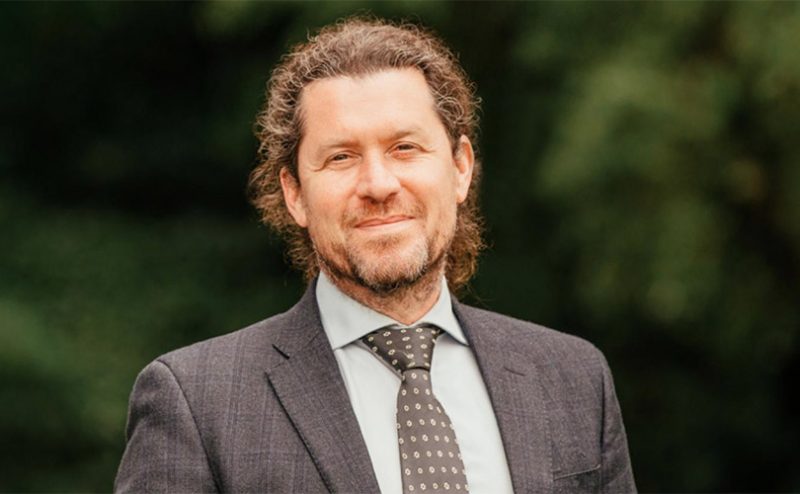
The Joint Committee on Housing, Local Government and Heritage has today published its report Urban Regeneration in which it makes 39 recommendations around incentives and enforcement measures, policy issues and resourcing aimed at regenerating urban centres by bringing derelict or vacant properties back into use, including for social and affordable housing.
Launching the report, Deputy Steven Matthews, Cathaoirleach of the Committee, said: “The current housing situation in Ireland presents many challenges, both for Government and citizens, with much of the focus on the shortage of suitable housing for those who need it and the pressing need for more supply.
“At the same time it is widely accepted that across Ireland there are many urban centres in cities, towns, and villages that comprise significant numbers of vacant residential and commercial premises, with many such centres suffering from increasing levels of dereliction, depopulation, and economic decline.
“Though the causes and solutions of the current housing crisis are complex and nuanced, regenerating our urban centres can go some way towards alleviating the negative aspects mentioned above, whilst also contributing to improved regional and sustainable development, safer and healthier communities, and more efficient and effective transportation links.”
The Committee held four days of hearings between December 2021 and March 2022 and engaged with relevant stakeholders, gaining valuable insights from all those who had an input into the preparation of the report. Members examined current schemes such as repair and lease and buy and renew, areas including dereliction and vacancy, data, planning and spatial analysis, active travel and transport-oriented development, as well as current policy and funding measures.
The key recommendations made by the Committee are that:
Deputy Matthews said: “The blight of derelict and vacant properties is a complex issue to which there is no simple or quick solution. The Committee believes that to achieve effective urban regeneration a careful balance must be struck between disincentives such as taxation measures and supports for people who want to bring derelict or vacant properties back into use.
“These buildings can be used as social or affordable housing which can help bring urban living back into the heart of our cities, towns and villages. Critical to how we develop and manage this balance is the creation and management of a detailed national database of derelict and vacant properties which is available to local authorities and the wider public.”
He added: “The Committee is committed to monitoring the progress being made on the on-going implementation of the recommendations contained in this report as well as other related policy initiatives. We also would like the issues raised in this report to be debated in both Houses of the Oireachtas.”
Deputy Matthews thanked Members for their input and their commitment in bringing forward this report and expressed sincere gratitude to every stakeholder that came before the Committee to give evidence in person or remotely. He said these discussions were critical to the development of the report.
The report Urban Regenerationis available on the Oireachtas website.
The Joint Committee on Housing, Local Government and Heritage has 14 Members, nine from the Dáil and five from the Seanad.